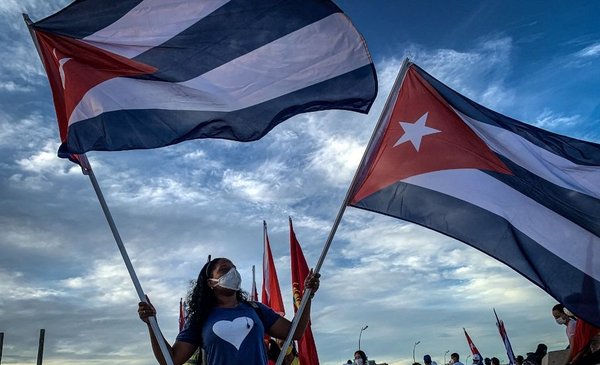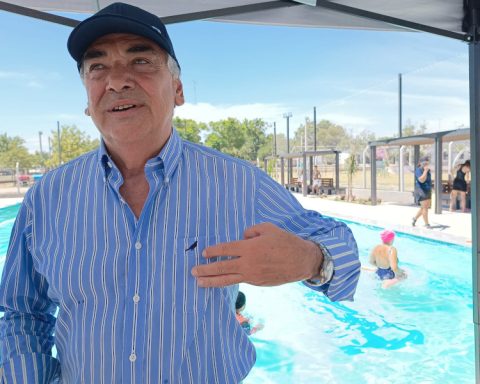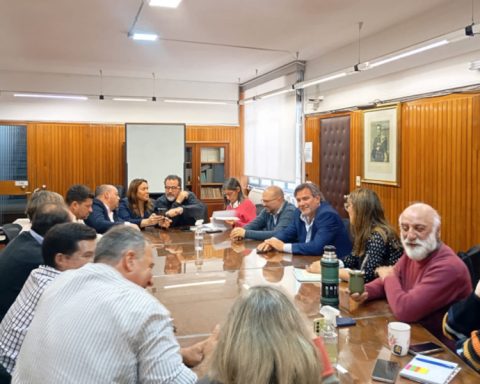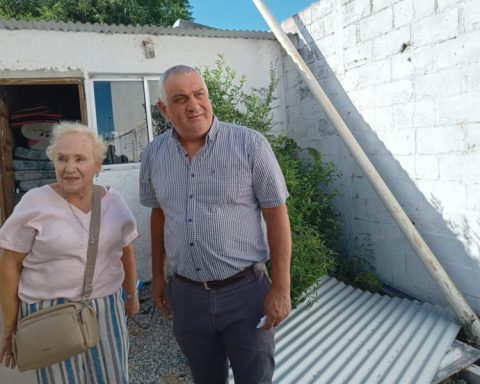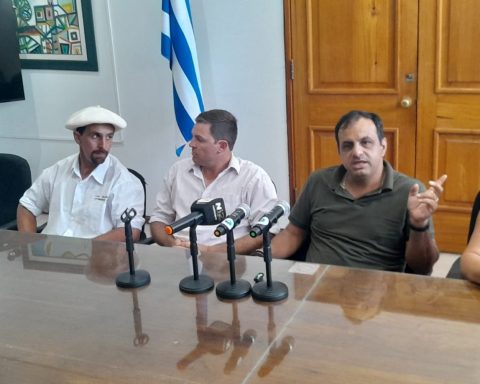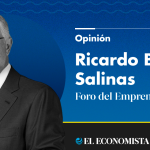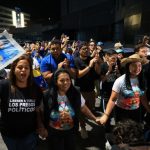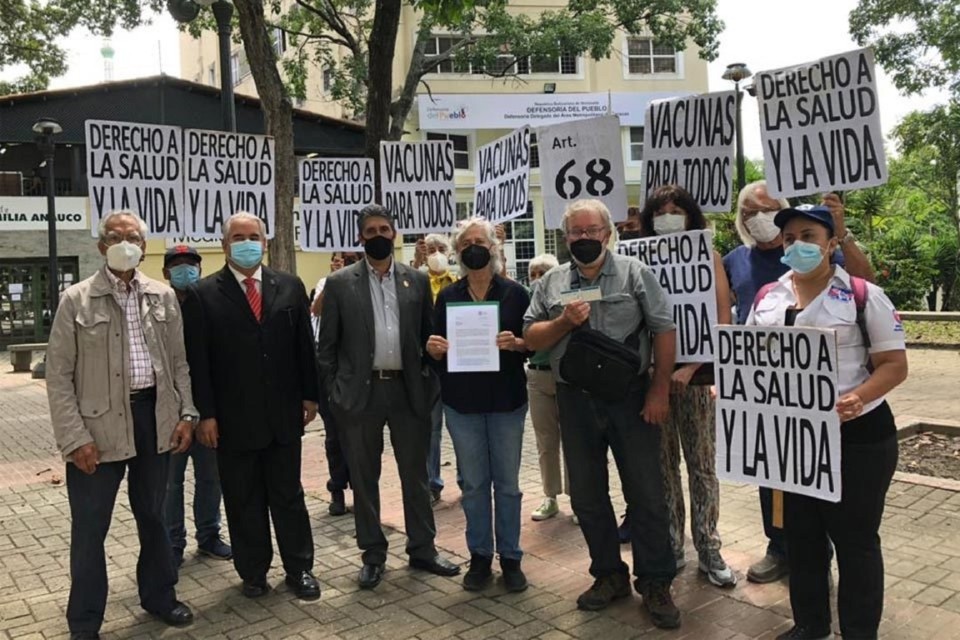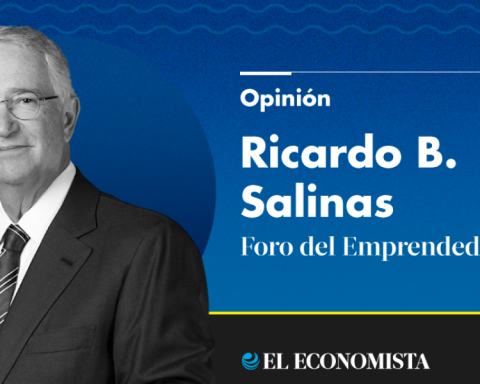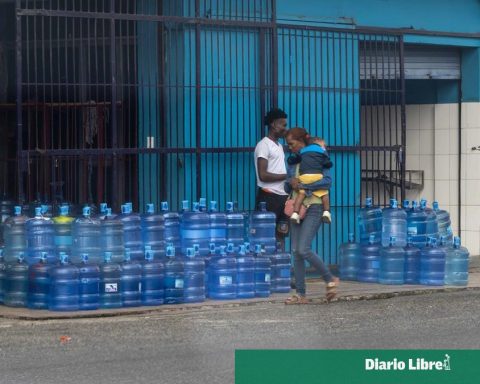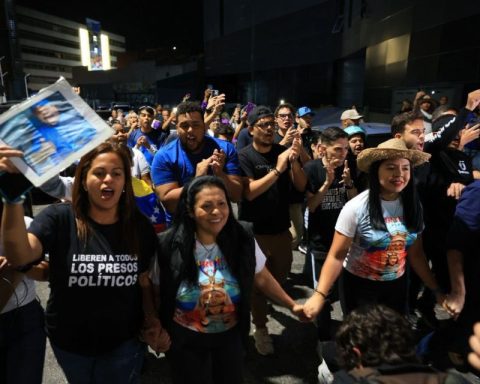Raúl and Aidana believed that things could change in Cuba. The island opened with the internet and the country experienced airs of freedom, but it was soon closed. Disappointed, they emigrated following a trail of young people of their generation leaving the island.
Raúl Prado, a 36-year-old lawyer and cinematographer, and his wife, Aidana Hernández Febles, a 31-year-old actress, have just settled in Miami, Florida, starting a life project they never anticipated.
“Emigration is an idea with which all Cubans flirt at some point,” says this thin man with a dark beard, in the midst of the chaos that reigns in his apartment, now almost dismantled, in Havana.
But “it is not a goal that one sets for himself, at least not me,” he adds.
The couple went from hope to frustration. In three years he saw how the mobile internet turned their lives upside down, allowing a generation to open up to the world and a young civil society to emerge.
The momentum of this vibrant youth was stopped by the communist authorities, who were initially overwhelmed, but gradually regained control, as the country sank into its worst economic crisis in 30 years.
So, thousands of Cubans began to emigrate every month.
The story of this young couple illustrates a new phenomenon on the island: that of a qualified and committed generation that gives up fighting at home and opts for exile, depriving their country of many of the best prepared minds and leaving it to its fate with one of the oldest populations in Latin America.
Migratory flow
Since the reopening of the Cuban borders on November 15, 2021, closed by the pandemic, the migratory flow has been incessant.
According to the US Customs Service, more than 113,000 Cubans have arrived in the country from Mexico between October and April.
A large part of Cubans have emigrated by plane to Nicaragua, which in November eliminated the visa requirement for islanders, to try to reach the southern border of the United States by land. But it is becoming more and more common that they also go by sea on rafts.
Sociologist Rafael Hernández estimates that it is a “silent Mariel,” he says in reference to the largest Cuban exodus, when 130,000 people left in 1980.
If this growing trend continues, it would be the largest migratory wave in 63 years of the revolution in the country of 11.2 million inhabitants.
Emigration “is growing, and within it the emigration of young people with a university level,” Agustín Lage, a scientist with proven revolutionary militancy, recently acknowledged in the official press.
Hope
It was a time of hope on the island. On January 27, 2019, a strong tornado hit Havana, leaving three dead, 172 injured and extensive material damage.
“It seemed like a battlefield,” recalls Raúl, who discovered the convening power of the internet, mobilizing friends and acquaintances through Facebook and WhatsApp.
Only a month before, mobile internet had arrived in his country, one of the last in the world to have such a service.
Raúl and Aidana’s small 35-square-meter apartment in the residential neighborhood of Miramar quickly became the disaster relief headquarters, storing food and clothing donations before distributing them to the victims.
The initiative may seem common in other countries, but it is unprecedented in Cuba, where only the authorities could do this work.
Thus was born an informal network, via the Internet, of young Cubans, many of them artists, who were determined to act on their own.
“After the tornado, there were other things and we continued organizing,” continues Raúl.
The causes of the LGBT community, defenders of animal welfare or those who fight against violence against women were expressed on the networks. These groups also hope to be able to speak freely in the streets.
November 2020 marked a new stage, when members of the anti-establishment Movement San Isidro, a community group of artists, carried out a hunger strike demanding the freedom of a rapper.
After the police search of the studio where the group was protesting, some 300 young people staged an unprecedented “sit-in” in front of the Ministry of Culture to demand freedom of expression.
They were summoned by Raúl and his friend, the playwright Yunior García, who became the standard-bearer of this new critical generation.
The surprised authorities let the young people demonstrate, something unprecedented in the recent history of the island.
“What has happened today is historic,” said Yunior García at the time, who had been part of a negotiating commission received by the authorities at the time, but which did not prosper.
generation of anger
It was just the preamble. On July 11, 2021, Raúl, Aidana, Yunior and his wife Dayana were preparing some spaghetti to watch the Euro Cup final and were surprised to see on the networks that thousands of Cubans were protesting in the streets shouting “We are hungry” and ” Freedom”.
Once again, Raúl and Yunior convened a group of young people at the headquarters of the Cuban Television Institute (ICRT) to demand 15 minutes of air time and send a message of openness to the people.
Instead of achieving their goal, this time they were repressed.
More than 1,000 people were arrested during these demonstrations, which left one dead and dozens injured in some fifty cities.
Plainclothes officers violently threw the young people who had come to the ICRT into a garbage truck to take them to the police station.
Raúl, Yunior and their friends were released the next day, but they continued to be targeted by the police, while they created the political reflection group on Facebook “Archipiélago”, which called for a large demonstration on November 15.
A large police deployment prevented that protest and Yunior surprisingly decided to go into exile in Spain with his wife, arguing that he had been threatened with 30 years in prison.
More than 700 July 11 protesters were prosecuted, some receiving sentences of 20 to 30 years.
“My generation doesn’t feel fear, it feels anger and that anger turns into pain,” says Aidana.
No future in Cuba
For Raúl and Aidana, the decisive moment came when she found out that she was going to be a mother. “I don’t want to give birth here,” said the actress.
“It would be irresponsible” to put Aidana and the baby at risk, says Raúl. He knew that if he stayed he would continue to be “involved” in political activities.
Six months pregnant, Aidana left for Spain on January 30. She obtained a Schengen visa that also allowed her to legally enter Mexico, where she paid a trafficker to cross the US border through the city of Mexicalli.
Raúl joined his wife in Miami, traveling in March on a tourist visa after finishing his job as director of photography on the film “Riquimbili o el mundo de Nelsito” by Fernando Pérez, the most important Cuban director today.
“It really is very sad,” Raúl told AFP before his departure. It is a path that “I never wanted to take, that I always refused to take.”
aged country
These young people “feel that they have no future in Cuba, or rather, they do not want to continue sharing a present without freedom of movement, with restrictions for each step (…) without spaces to express and demand their rights to think differently or to be anti-establishment. “, says the filmmaker Fernando Pérez.
“It’s the worst thing that can happen to us as a country,” he adds.
Cuba is losing an entire well-educated generation, who probably won’t come back on their own, or, in some cases, won’t be able to.
Several dissidents who tried to return in the last year, after a period abroad, were prevented from entering.
This deprives the country of an intellectual elite and trained professionals to run the main companies on the island.
It is necessary that this population that emigrates now “leave, enter, pay tribute to Cuban society, to the Cuban economy,” warns Antonio Aja, director of the Center for Demographic Studies of the University of Havana. Otherwise, “the situation will become untenable.”
The island is already one of the countries with the oldest population in Latin America: 21.6% are 60 years old or older and since 2020 there are more deaths than births.
In Miami, Aidana gave birth to little Bastian.
“When I look back, when I look at the Cuba I left behind, I am convinced that it was the best decision I made, because one feels that there are opportunities” in the United States, although “it’s not that I’m going to stop being Cuban, I’m not going to leave Cuba behind,” he says.
